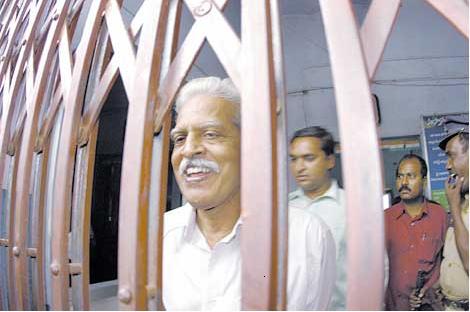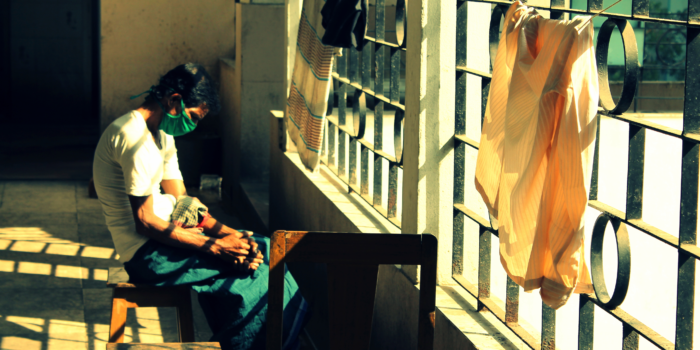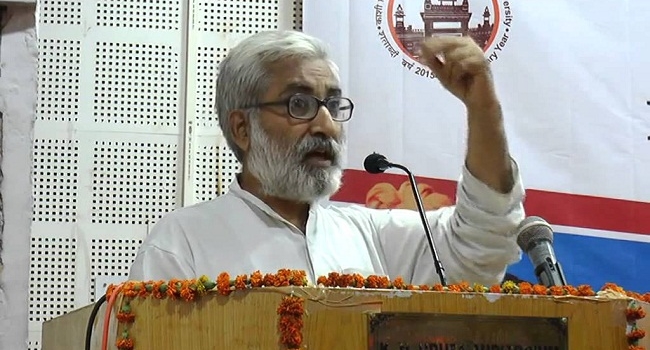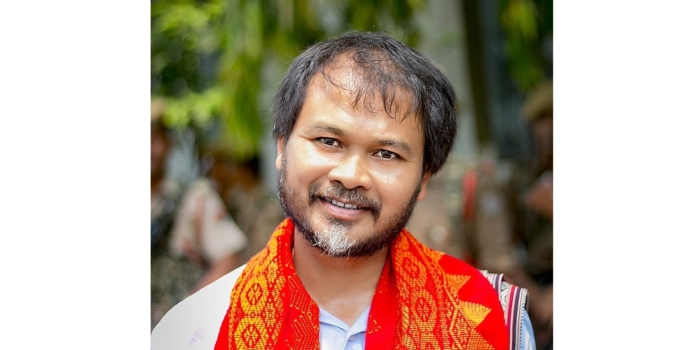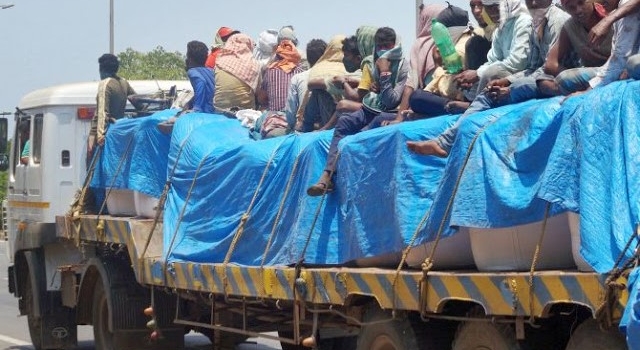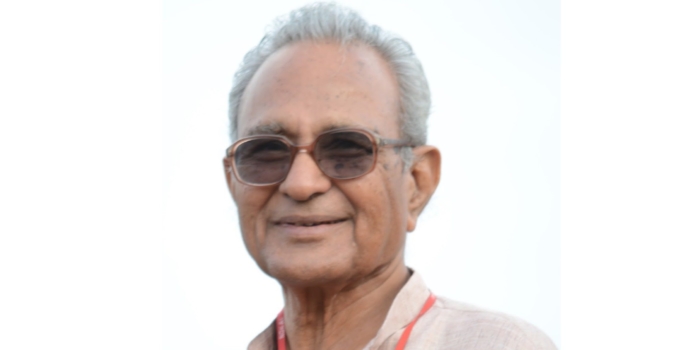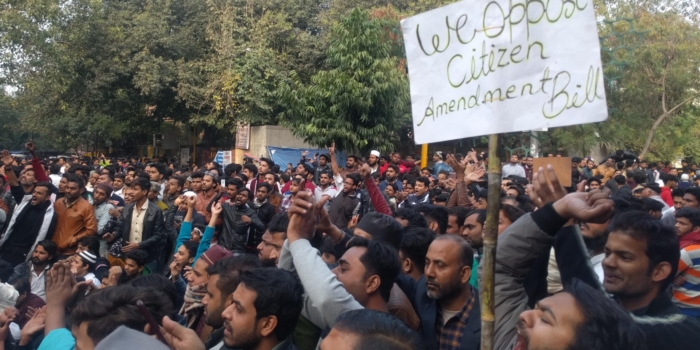Surabhi Agarwal and Sandeep Pandey | The persecution of Rao under the Modi regime comes, of course, as no surprise. Writers and poets have always been at the forefront of political dissent under authoritarian and autocratic governments and are always among the first voices to be suppressed during such times.
